Seabed Carbon Risks: What Our Evidence Shows
Seabed Carbon Risks: What Our Evidence Shows
A new technical briefing reviews the latest evidence on how trawling, other human activities and climate change affect seabed carbon.
A new technical briefing reviews the latest evidence on how trawling, other human activities and climate change affect seabed carbon.
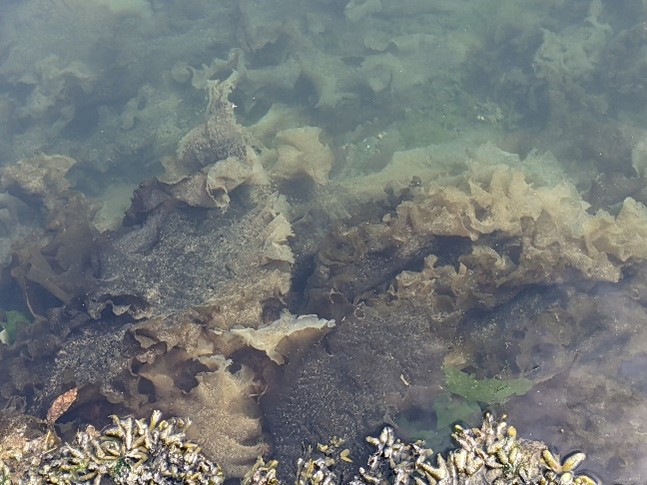
Every new industry or technology requires funding to survive, initially for research and development (R&D), developing processes and products, and then to scaling up to a viable business. A lot of the initial research is supported by public funding, which …
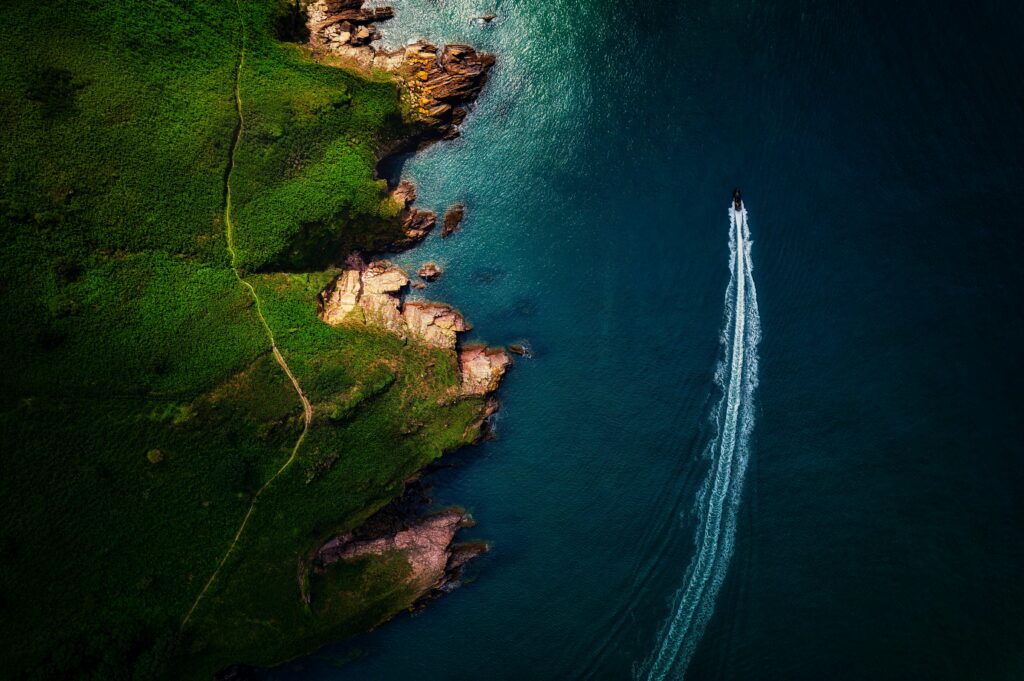
By Clement Garcia and Frances Mynott, Cefas leads of the mNCEA programme. The Cefas-led project, ‘A seascape natural capital approach for sustainable management (Seascapes)’, is part of a 3-year Defra funded marine Natural Capital and Ecosystem Assessment (mNCEA) programme. mNCEA …
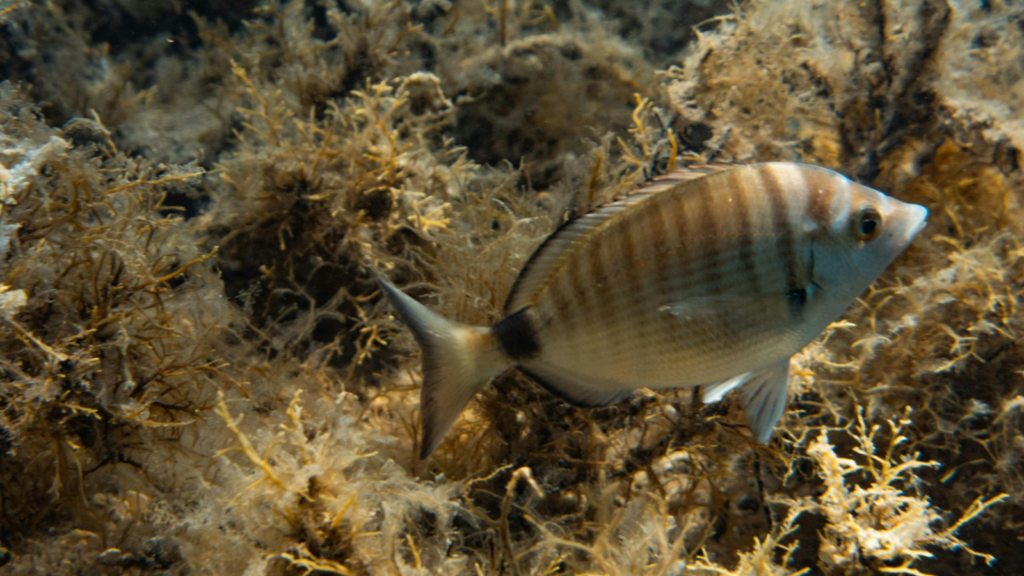
In July 2023, The Fisheries Society of the British Isles (FSBI) 2023 Annual Symposium, co-convened by the University of Essex and the Centre for Environment, Fisheries and Aquaculture Science (Cefas) aimed to discuss the latest fish biology and fisheries science, …
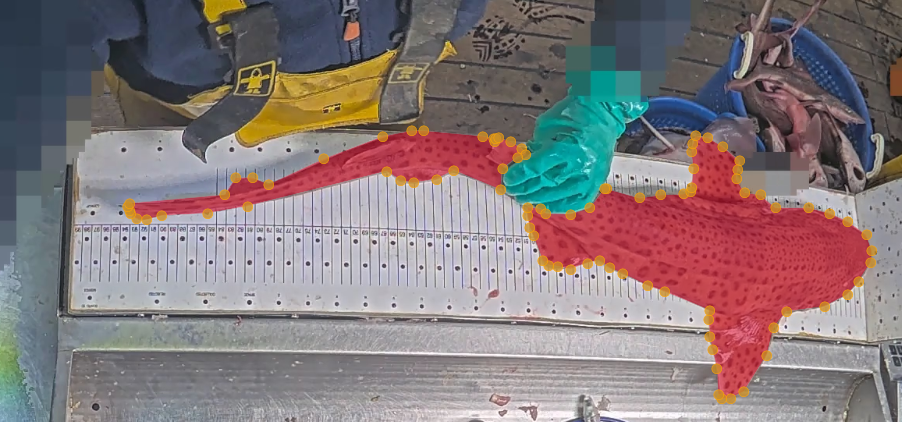
In January this year, Cefas installed a Remote Electronic Monitoring system on our research vessel, the Cefas Endeavour. Why, you might ask… Do you really need to monitor a vessel that is already doing monitoring? Remote Electronic Monitoring - Let’s …
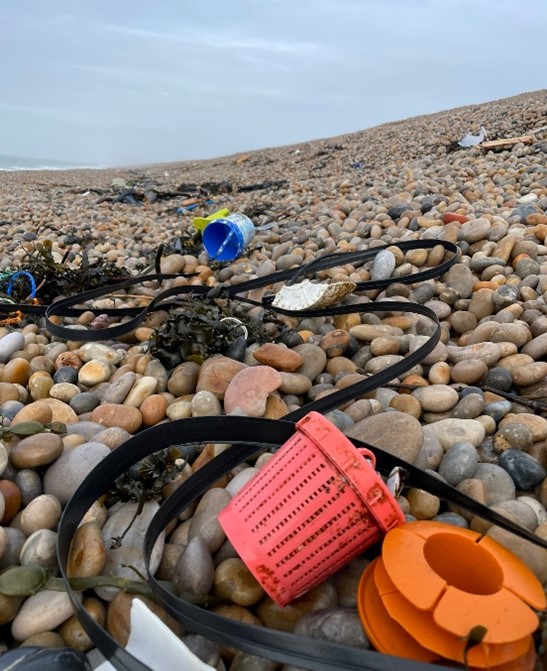
There is an increasing awareness that marine debris, particularly plastic, is more than an eyesore on our beaches. Recent research has shown that it could also transport species, including non-native species, large distances. Plastic has a lower buoyancy than seawater …
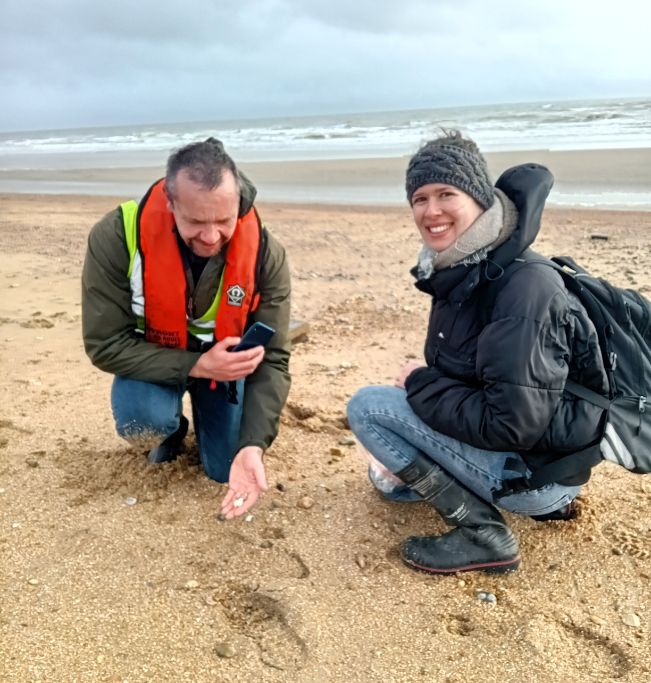
Those working to protect our Nation’s biodiversity couldn’t do their job without the additional eyes and ears of the public. One way the public can assist is by reporting unusual and new sightings of flora and fauna, but have you …

Written by Jamie Small, from the Joint Nature Conservation Committee (JNCC), on behalf of JNCC and Cefas, The UK government's Ocean Country Partnership Programme (OCPP) team share updates on oiled wildlife response training recently delivered in Sri Lanka. JNCC and …
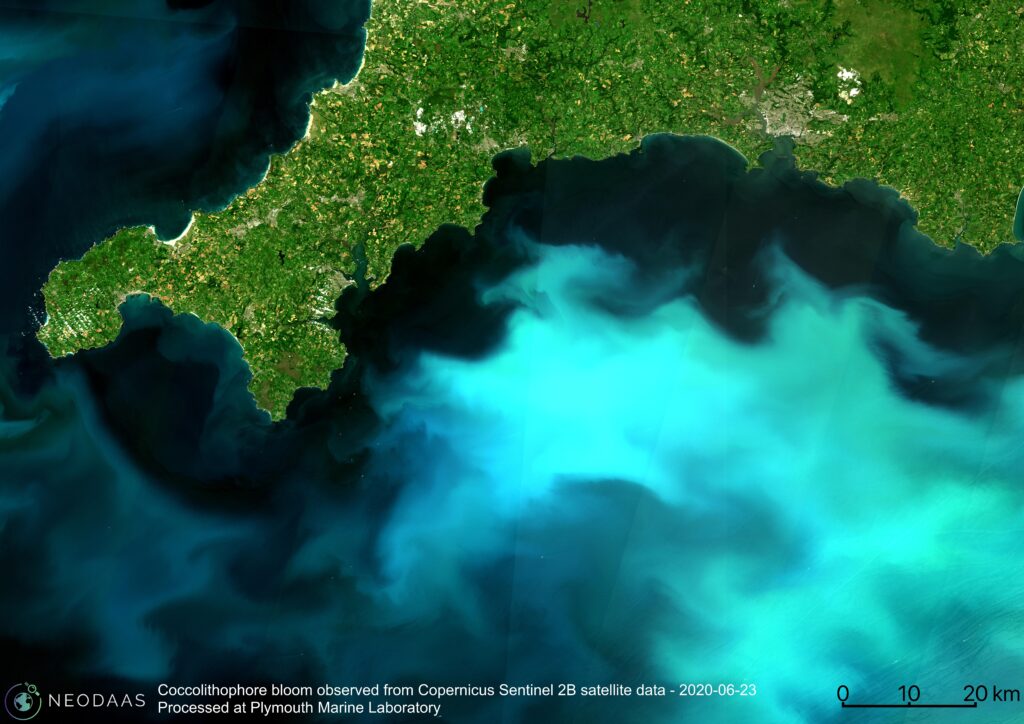
In this new Marine Science blog, scientists from Cefas, the University of Plymouth, and Environment Agency discuss new research by the Pelagic Natural Capital project (PelCap), which is helping to monitor the impact of human activities on plankton health in …
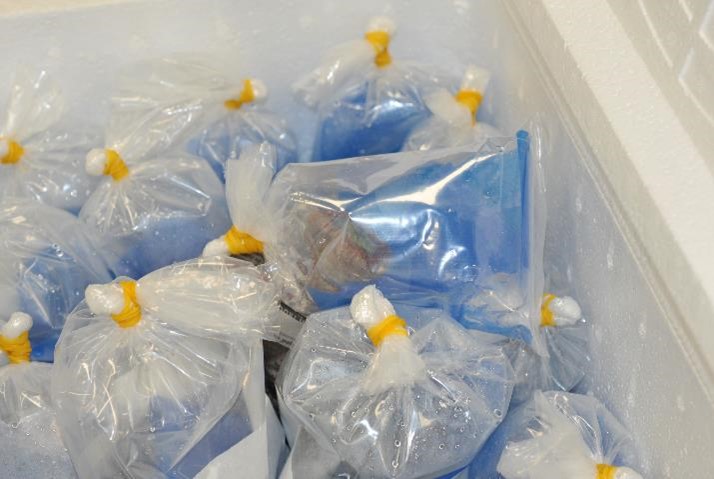
It’s a dark, damp evening in February 2023 when staff from UK Border Force’s CITES team are called to Heathrow’s Animal Reception Centre to inspect a shipment of hard coral. A mismatch between the CITES permit and its packing list …
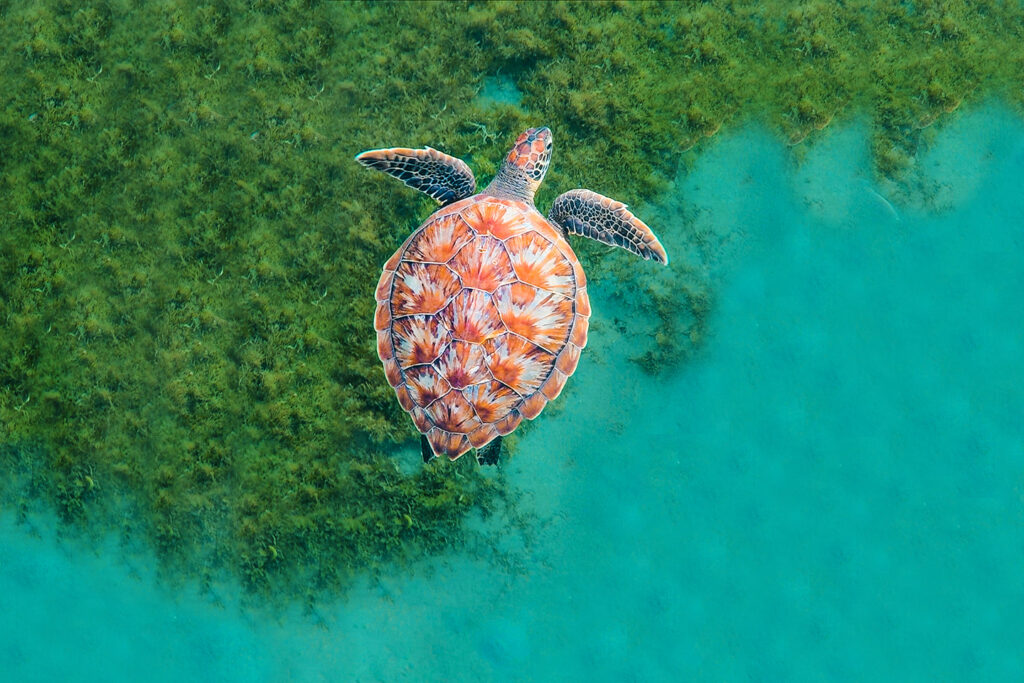
The importance of mangroves and other blue carbon ecosystems in mitigating the impacts of climate change is once again high on the agenda at this year’s Nature, Land-use, and Oceans Day at the UN Climate Change Conference COP28 in Dubai. …